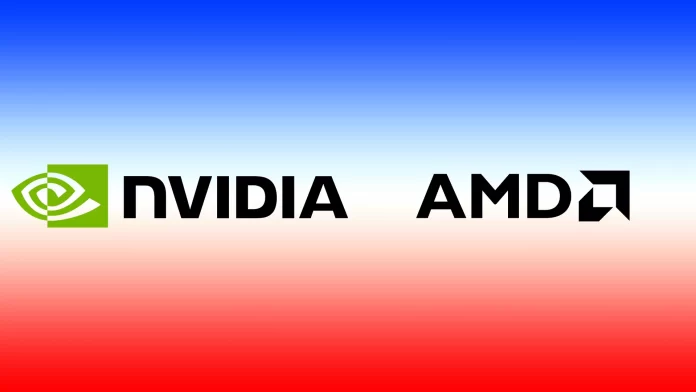The U.S. government has restricted the export of computer chips used for supercomputers and AI to Russia and China. NVIDIA said in a statement to the SEC that the government informed the company of a new licensing requirement relating to one of its current (A100) and one future (H100) GPUs, which were designed to accelerate machine learning tasks.
The government told NVIDIA that such restrictions would eliminate the risk that the affected products would be used for military purposes by either country. According to The New York Times, AI and machine learning are used in a variety of fields, including weapons development and surveillance.
A spokesman for the U.S. Department of Commerce told Reuters: “While we are not in a position to outline specific policy changes at this time, we are taking a comprehensive approach to implement additional actions necessary related to technologies, end-uses, and end-users to protect US national security and foreign policy interests.”
The requirement comes after another export control rule was issued in mid-August that would prevent China from gaining access to advanced chip design software needed to produce next-generation processors.
NVIDIA said this restriction could prevent it from completing the development of the H100 chip. The company no longer sells its products in Russia, but it expects to make about $400 million from sales to Chinese companies in the third fiscal quarter. It could have used that money to develop future products, but now it could lose all those potential sales if its Chinese customers refuse to buy its alternative offerings or if the government refuses to license its largest customers.
In turn, an AMD spokesperson informed Reuters that while the new licensing requirement will prevent the company from exporting its MI250 chips to China, the company doesn’t believe it will have much impact on its business.






